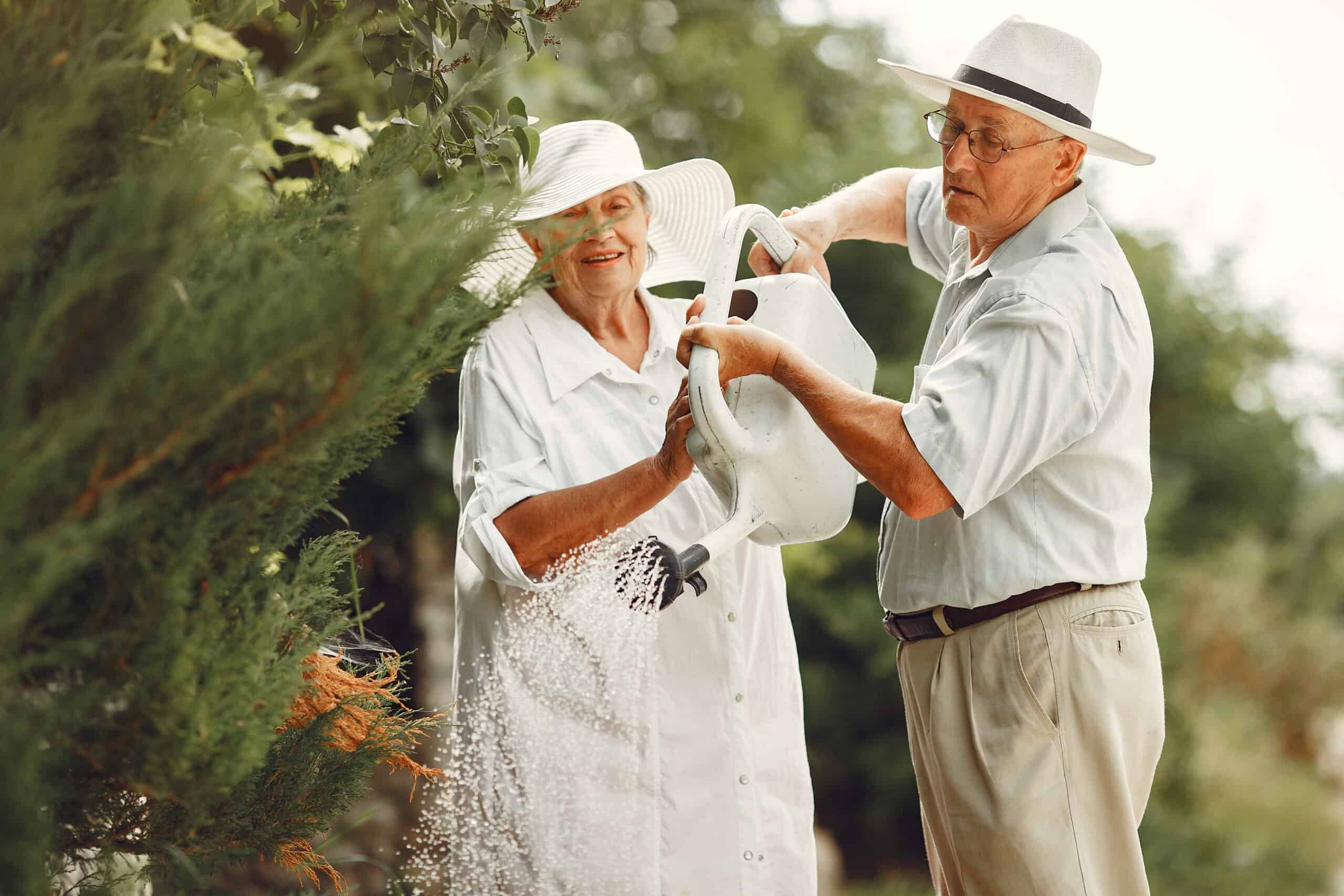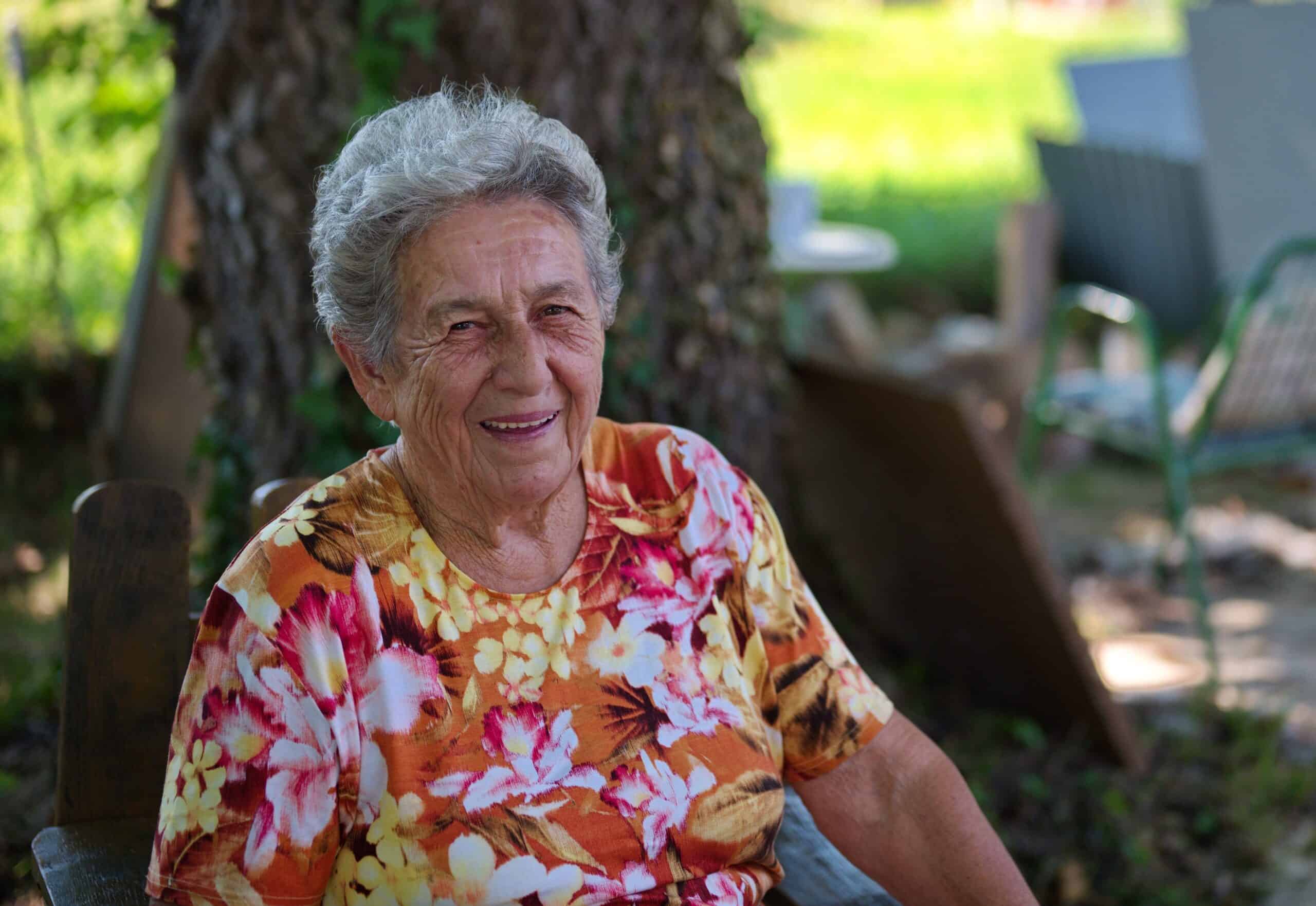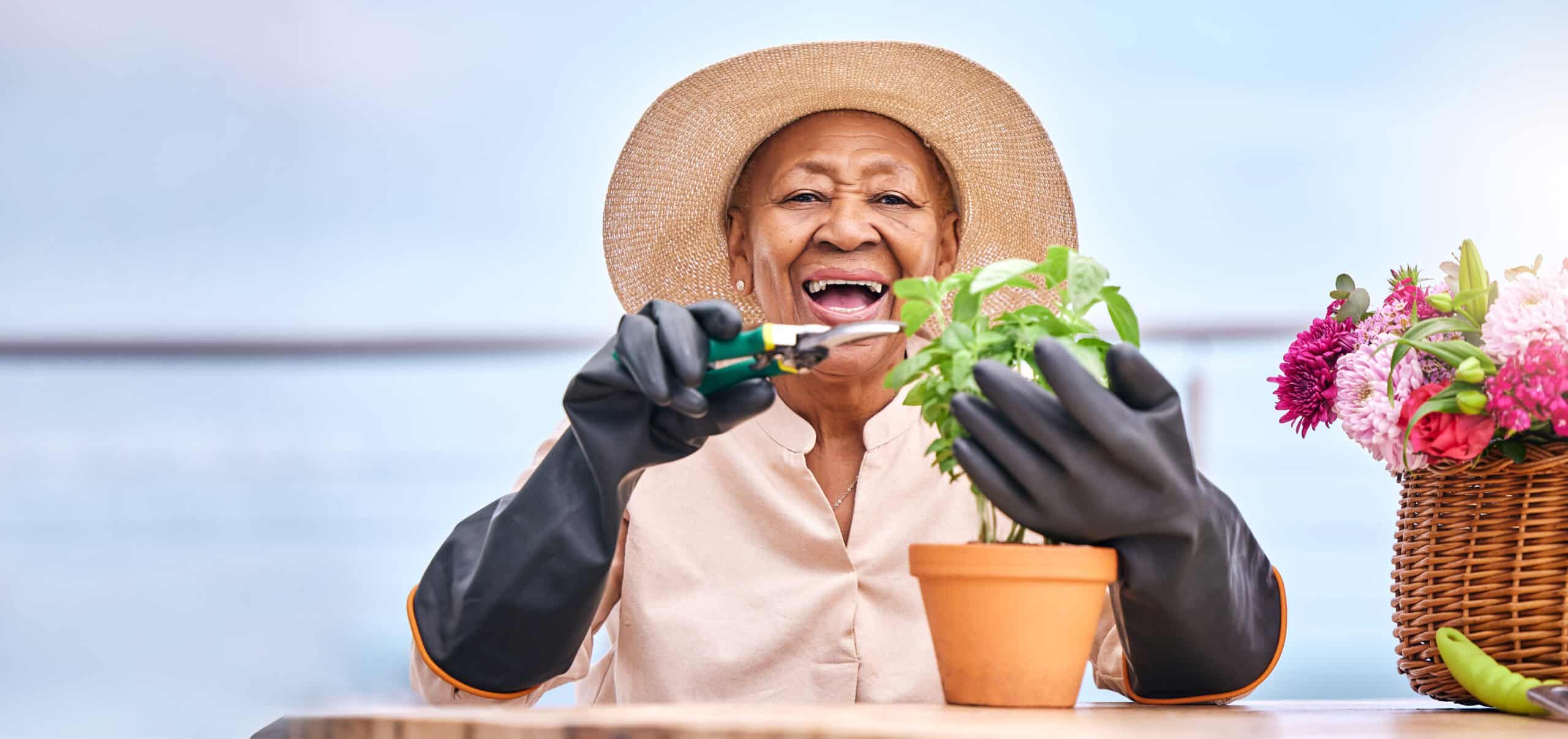November 1, 2015
I aim to change our culture (in the U.S) surrounding aging and death. I am going to need the media’s help. Unless one has experienced aging and death in one’s own family, up close and personal (some family members turn a blind eye and don’t really experience aging and death, even when it is right in front of them), one has no idea of the reality of aging and death. Sure, we have all seen older family members living with younger family members on shows like The Golden Girls, Sanford and Son, King of Queens and Andy of Mayberry, but those shows are a snapshot of a period in life when the aging family member is still able to go and do for the most part.
In the past couple of years we have seen a few shows that briefly deal with dementia, such as Mad Men, The Sopranos, Grey’s Anatomy and Law & Order; yet one would hardly assert that these brief episodes have done much to improve the culture surrounding aging and death. And many have found the canceled comedy series, Raising Hope, which tackled the reality of Alzheimer’s disease, “not funny but insensitive and cruel.” Cloris Leachman’s character Maw Maw “doesn’t have many lucid moments,” notes the FOX website. “As a result, she often walks around the house without a shirt on and kisses Jimmy, who she thinks is her dead husband, Wilfred.” Confusion, delusions, and a sense of living back in one’s younger days are indeed a reality for many with Alzheimer’s disease. Is it helpful or hurtful to approach the subject comedically? The jury is still out on whether Raising Hope was an effective method of raising awareness or simply a means of spreading stereotypes.
Our culture in the U.S. regarding people over the age of 65 currently: They act funny. They look funny. (Betty White’s series, Off Their Rockers, reinforced this stereotype) They are useless. They are weak. They are a burden. They are a source of revenue. They are hard to get along with. They are weird. They are sick all the time. They stink. They are has-beens. They are really dumb about technology.
This is what younger people in the U.S. think: I will never get old. I will die before I get old. Getting old is so far in the future that I don’t have to think about it. I will get plastic surgery to keep looking young (this one cracks me up…as if there is plastic surgery to keep internal organs including the brain, from aging). Scientists will invent a cure for aging before I am old to keep me from getting old.
Here is how I would like our culture to regard people over the age of 65: They are wise. They have experience. They are a source of advice. They can show me how to make good decisions. They have lived good lives or else they would not still be alive. They know things that can’t be learned in school, or even from the internet. They have learned what is truly valuable in life, and it is not appearances, but character, that is important. They can teach us how to make the world a better place. They are valuable because they are human. They are closer to the end of their journey through life, and I respect them and that journey.
This is what younger people should think: If I live long enough, I will be old someday. As I am, so once were they. They know things that I don’t know yet. They have lived through a history that I will never know, but I can learn through them. If I learn from older people, I can avoid some of their mistakes. If it was not for older people, I would not be here and I would not have what I have. In the future, when I am old, technology will have advanced to the point where young folks will think I am dumb about technology.
Of course, we are all human, no matter what our age. Only God is perfect. I have met many older folks who were not pleasant to be around. I have met many younger folks who are not pleasant to be around. Both deserve my respect and consideration because they are alive. God wants us to love the unlovable and forgive continuously. What kind of culture mistreats those who are weak and vulnerable and who cannot defend or speak for themselves (the very young and the very old)? Ours.
Our culture also segments the ages into groups, as if we are not all human beings. We are all the same, just at different places in our lives. And one of those places might be in denial or dementia.
If you are in touch with reality, and you truly love and want to please God, you will treat older people as you would like to be treated. If an older person in your life is not in touch with reality, think what you would want someone to do for you if you were in their stead.
If an older person in your life says to you: I am fine, I am healthy, I don’t need any help, but you see signs that they do need help, what should you do?
You should ask advice from a trusted source or two or three. Your doctor, the local area on aging office, the local senior citizen’s center, your local church, your local adult day center, state adult protective services.
Then you should act on the advice. Don’t let the older person suffer from self neglect, which is very common. If you know of someone who is suffering and you don’t do anything about it, you are guilty of neglect, which is a form of abuse. In Kentucky, you can be prosecuted if found guilty of neglect of an older person. Denial is a happy place but it doesn’t keep people out of jail.
The post November 1, 2015 appeared first on Aging With Grace.






